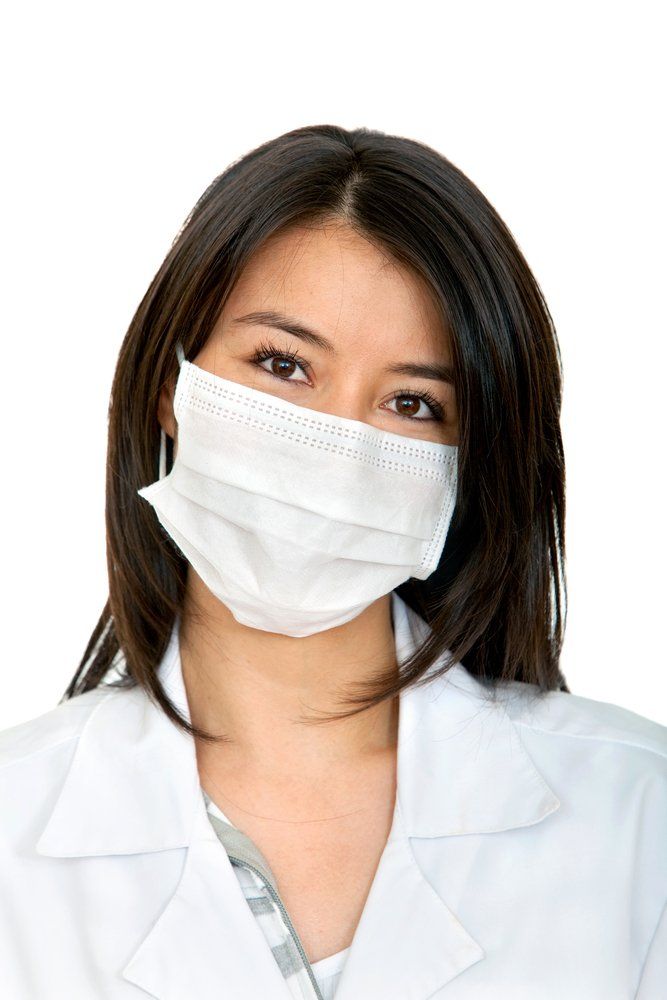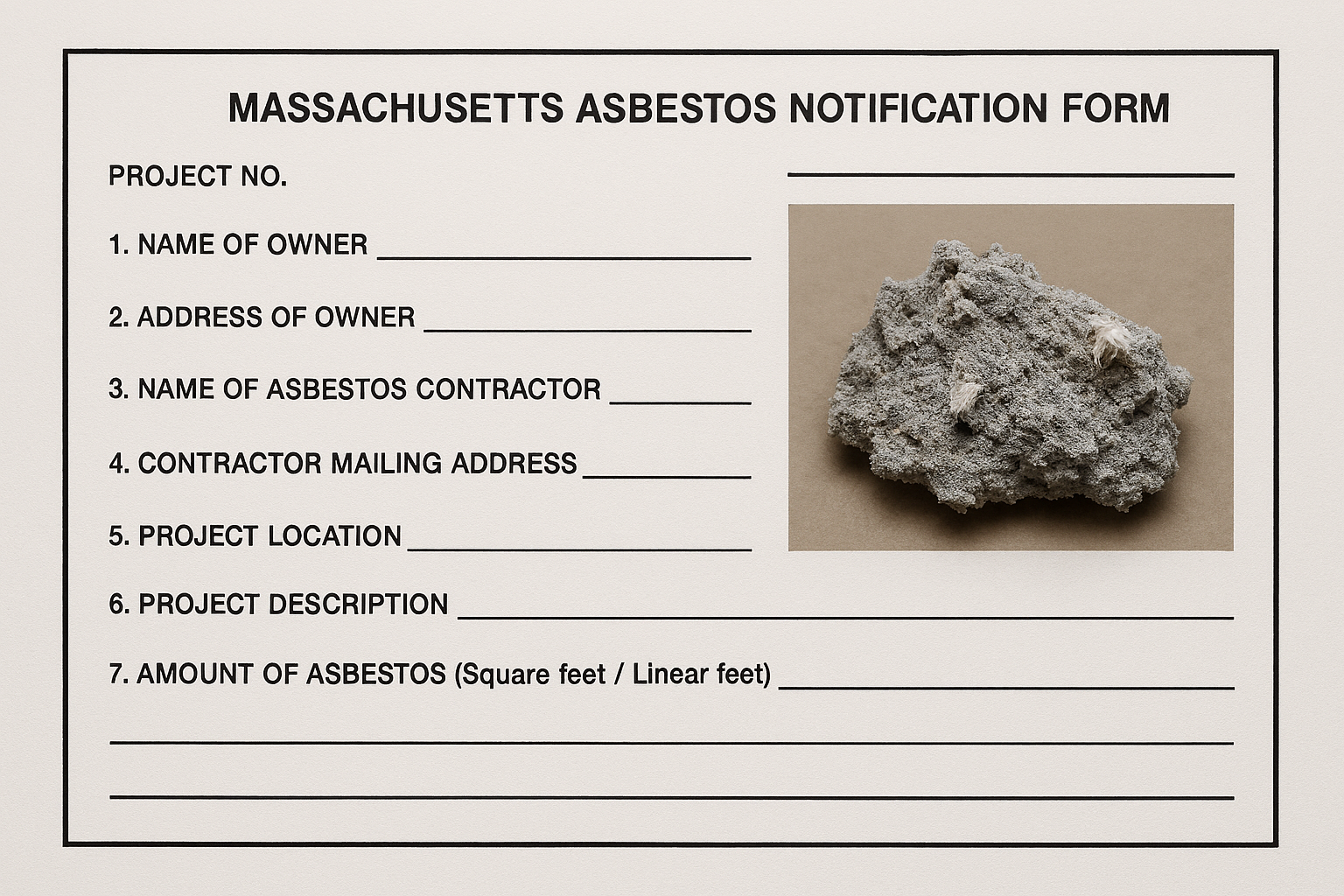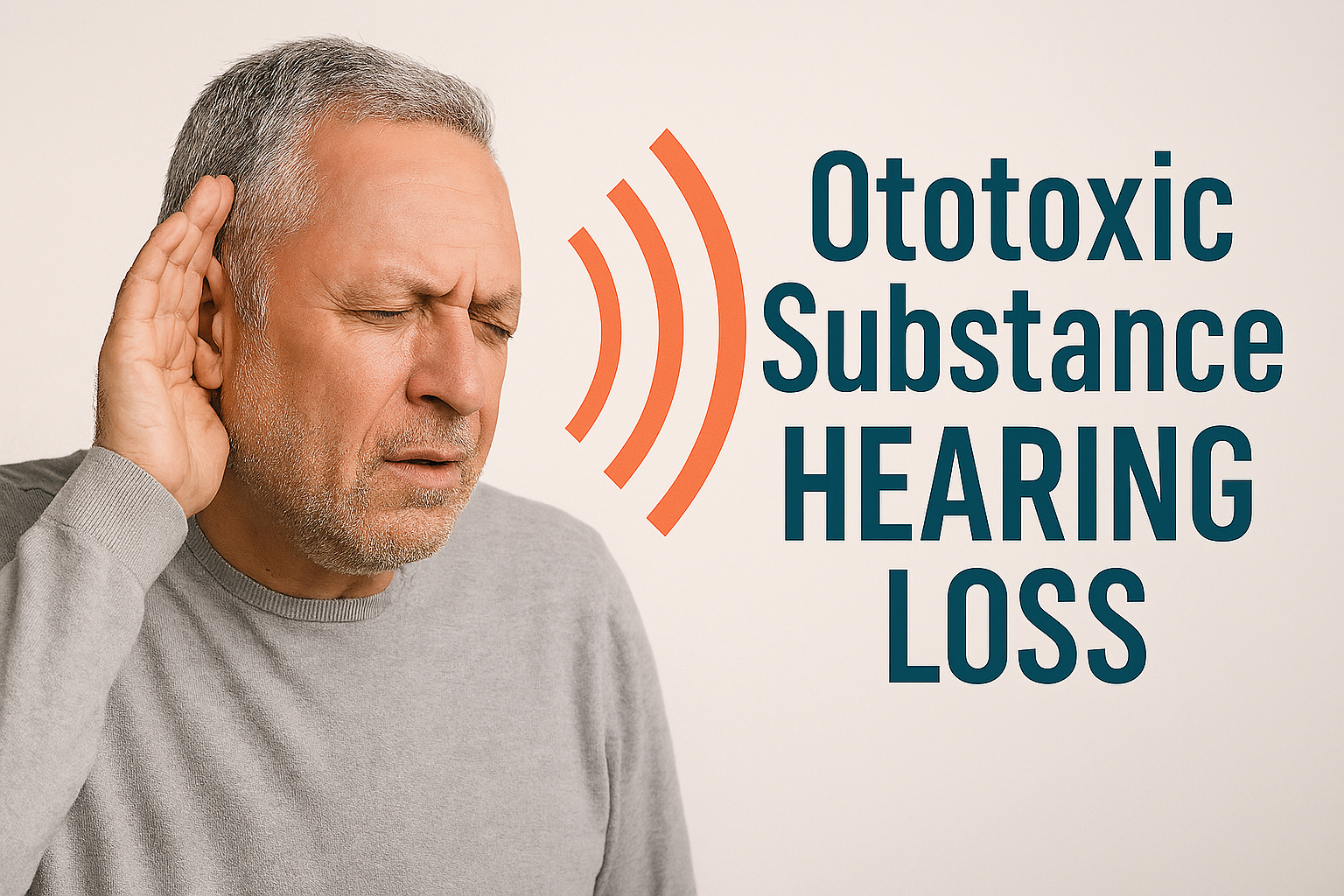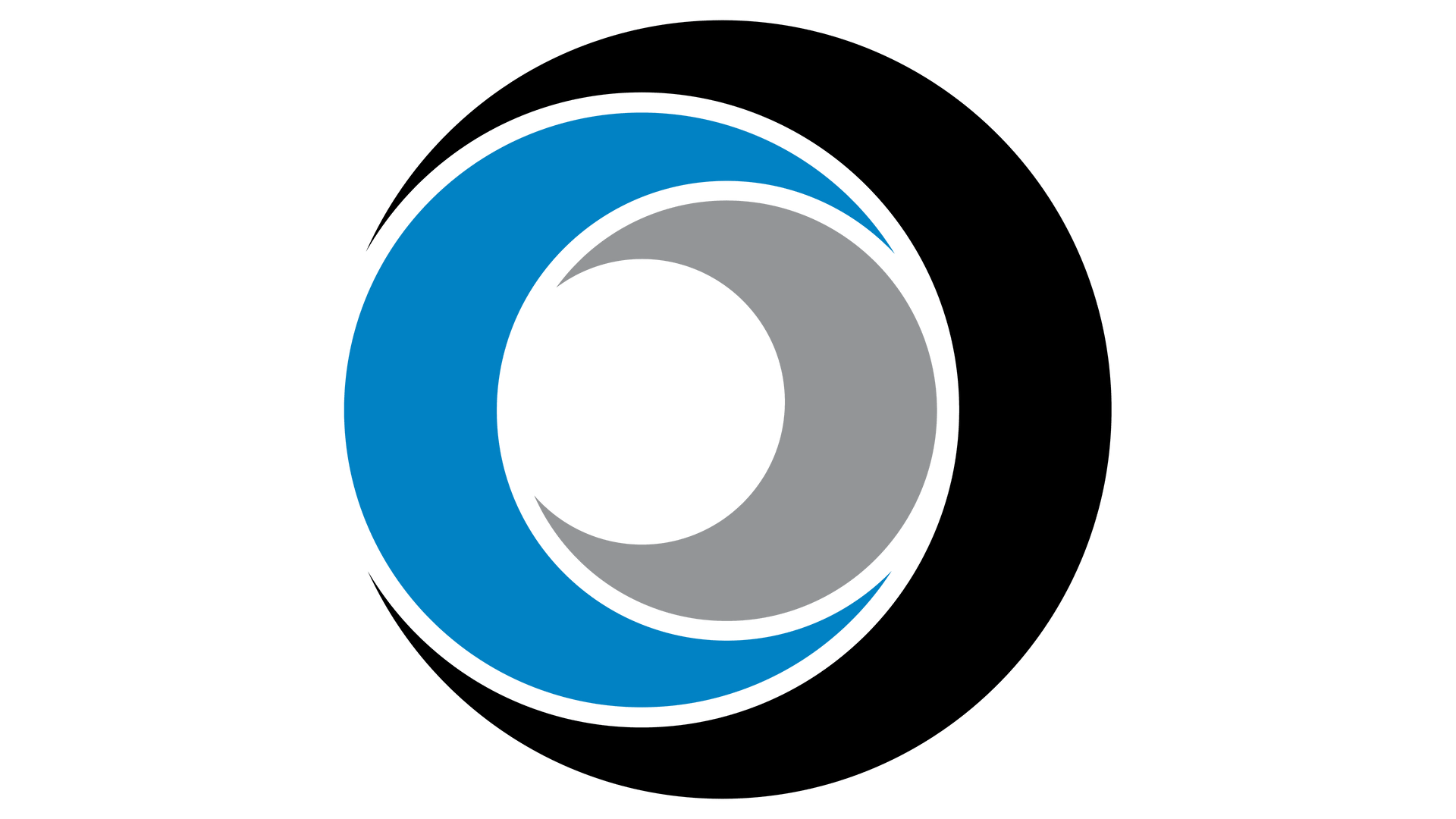Face Coverings (homemade, non-regulated or surgical mask)
The requirements for these coverings are liberal and the designs can run the spectrum from a bandana to a surgical mask to multi-layer homemade or purchased cloth mask. (bandanas, neck gaiters and masks with exhalation valves are not appropriate due to inability to capture exhaled particles efficiently)
Since these masks are mandated in many areas, employers are often requiring the use of the mask while at work or when indoors. These face coverings do not protect the worker from inhaling hazardous aerosols.
The OSHA respiratory protection standard, 29 CFR 1910.134, does not apply to face coverings which by their nature are not tight fitting. Therefore, an employer does not have to have a respiratory protection program, medical monitoring, fit testing, etc. for any face covering as described above
Non-NIOSH Certified Filtering Facepiece Respirator such as KN95 (China), P2, P3 (Australia/ New Zealand) or FFP2, FFP3 (Europe)
These masks are certified by a foreign country but not by NIOSH. They may or may not provide better protection than the face coverings. The level of inhalation protection is unclear due to lack of knowledge about the source and manufacturing methods.
Passing a fit test is often a problem. These masks, unlike the face coverings, are designed to be tight fitting. They provide the same or better exhaled particle protection as well as possibly better inhalation protection.
OSHA's respirator standard requires that employers account for the health hazards that a respirator (tight fitting) might pose for workers with certain health conditions. An employee wearing any tight-fitting certified respirator (including an N95), even as a face covering, would be in this population. Paragraph (c)(2) of 1910.134 says that for a worker wearing an N95 or equivalent, the employer can meet this requirement by providing the employee with the information contained in appendix D of 1910.134. This assumes that the mask is being used as a face covering to prevent the release of potential infectious particles not for inhalation protection.
NIOSH Approved N95 respirators
NIOSH approved respirators such as an N 95 will protect against the inhalation of aerosols if properly fit tested and worn. These respirators are in short supply and generally not used for Covid-19 protection except by health care professionals or unless over exposures are occurring which are unrelated to Covid-19.
If used as a face covering to protect against Covid-19 then the employer must provide the wearer with Appendix D of the respiratory protection standard or explain the limitations of the respirator.
However, if the N95 respirator is required to protect the worker from inhaling toxic dusts or aerosols or to protect workers who are exposed to high concentrations of an infectious agent (e.g. a health care worker in a Covid-19 ward), then the respirator falls under OSHA's respiratory protection standard 29 CFR 1910.134 and full compliance is required.





